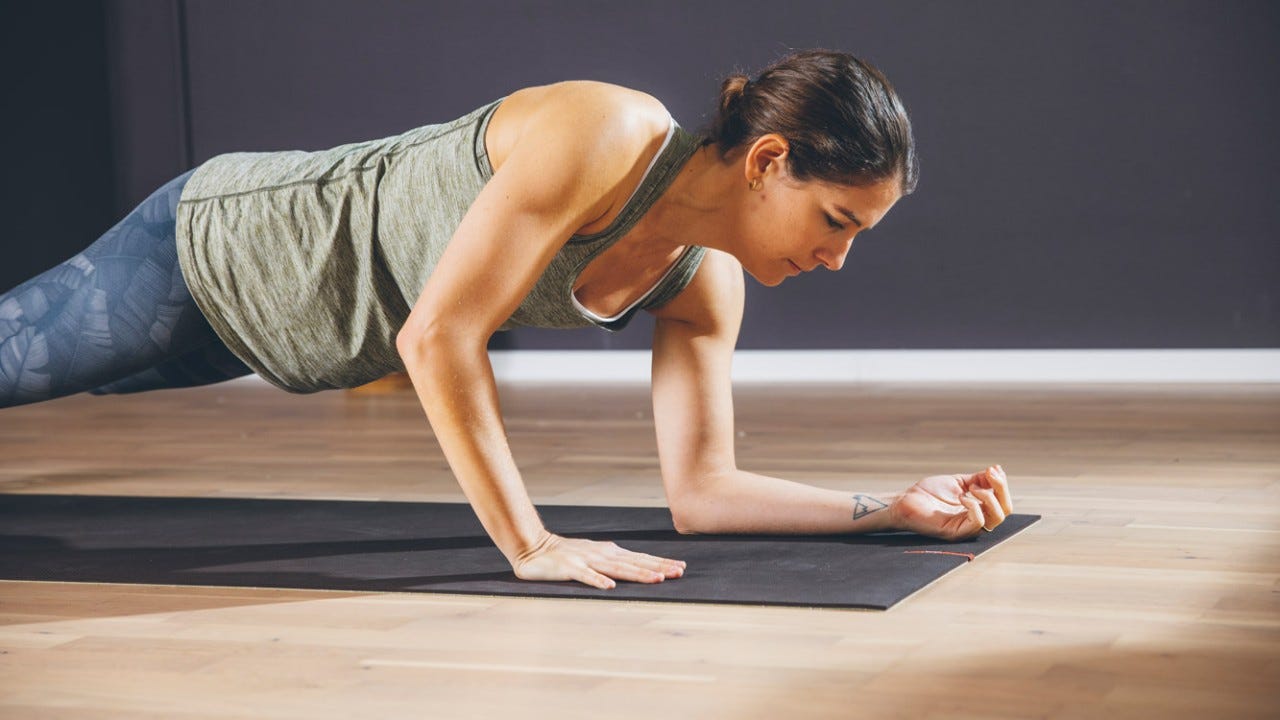Home training: 5 simple exercises for at home
As we’re no longer able to stick to our normal (sporting) routines as a result of the COVID-19 virus, it’s important – now more so than ever – to keep ourselves in shape.

If you only leave the house once in a while and are working from home to prevent the spread of COVID-19, you won’t be getting as much exercise as normal. Don’t worry, because you’re in the same boat as many other people. But there’s nothing to stop you from doing something good for your body with regular exercise. You can still exercise at home – in your flat, on the balcony or terrace, or in the garden.
Muscle loss due to lack of exercise
As our bodies aren’t designed for lack of exercise, if we’re inactive for eight to ten days, the body starts to break down muscle mass. As a result, we not only lose strength and fitness, but also gain weight more quickly because our body’s calorie requirements are reduced. Specific muscle fibre types are particularly affected by muscle breakdown, especially those of the speed muscles.
According to the Federal Office of Public Health (FOPH), you can still go out into the fresh air as long as you avoid crowds and keep the minimum distance. For example, you can go jogging, Nordic walking and cycling. However, it’s best to avoid high-risk activities that may lead to injuries – hospitals have enough to do without having to deal with sports accidents.
Equipment for home training
Turn your living room into a gym. To prevent muscle loss, the only thing you need to work out is a mat. The speed, number of repetitions and intensity of the exercises with your own body weight quickly make up for training with dumbbells. “If you're aiming to build muscle, replace the weights you would usually use with cans of food, water bottles, rice packets or other items – and do the exercises more explosively and with fewer repetitions,” advises Vroni Schulte, personal trainer in Thalwil.
Short training sessions can also be effective.
You lack the drive for long training sessions? Many studies show that short sessions are also proven to improve your fitness and therefore your health. Just ten minutes can have a positive impact – if you manage to work up a sweat at least three times a week, you’ll already be doing something good for your health. “In the current situation, it’s still important to get enough exercise, but don’t train too hard, because this can weaken your immune system,” recommends Schulte.
“It’s a good idea to do exercises that activate several joints at the same time.”
Five exercises for training at home
“It’s a good idea to do exercises that activate several joints at the same time,” says Schulte. For training at home, she therefore recommends doing squat jumps, mountain climbers, planks, push-ups and lunges.
“Initially, I’d recommend repeating each exercise 15 times and doing three rounds. If you want to push yourself, you can of course increase the number of repetitions or pick up the pace,” says Schulte. Take 30 to 90-second breaks between rounds, depending on your performance level. If you can do the intervals with ease, increase the number of repetitions and shorten the breaks.
-
Mountain climbers
This exercise trains your legs, glutes and core while also getting your blood flowing.
-
Squat jumps
If you have knee problems or don’t want to jump, just squat and stand up again and repeat. Make sure that your knees don’t point inwards.
-
Planks
You can just hold the plank position or try one of the variations show in the video.
-
Lunges
Depending on your level of training, choose a more dynamic variation or a more gentle one in which you slowly lower yourself down.
-
Push-ups
If full push-ups are too strenuous for you, knee push-ups are a good alternative. Vroni Schulte's tip: “If that’s still too much, you can do push-ups against a wall while standing or support yourself on a stable chair,” says Schulte.
Numerous studies show the positive link between sport and good mental health. So, if the current situation is getting you down, you should really give these exercises a go. Exercise not only helps prevent depression, but is also proven to help improve existing depressive moods.


